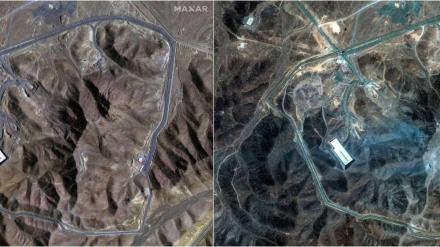International Atomic Energy Agency (IAEA) chief Rafael Grossi said on Monday that the US airstrikes on Iran’s Fordow nuclear facility have probably caused “very significant” damage.
Though no one can yet tell the extent of the damage, Grossi added. The US on Sunday dropped heavy “bunker-busting” bombs to target the underground uranium enrichment facilities in Iranian regions.
The IAEA has been unable to conduct inspections in Iran since June 13, when Israel launched military strikes targeting Iranian nuclear facilities, Grossi confirmed.
“At this time, no one, including the IAEA, is in a position to have fully assessed the underground damage at Fordow,” Grossi said in a statement to an emergency meeting of the International Atomic Energy Agency’s 35-nation Board of Governors.
Speaking about the likely impact of the strikes, Grossi said, “Given the explosive payload utilised and the extremely vibration-sensitive nature of centrifuges, very significant damage is expected to have occurred.”
One of the biggest unknowns remains the status of Iran’s stockpile of enriched uranium, particularly the more than 400 kilograms enriched up to 60% purity, just a short step below the 90% threshold required for weapons-grade material. According to IAEA standards, that quantity could be enough to produce up to nine nuclear weapons, if further enriched. Iran, however, has maintained that its nuclear program is purely peaceful and denies any ambitions to build atomic bombs.
Grossi also revealed that Iran informed the IAEA on June 13, on the same day as the Israeli strikes, that it intended to take “special measures” to protect its nuclear materials and equipment. These materials are under IAEA safeguards as required by the Nuclear Non-Proliferation Treaty, which Iran has signed.
“In my response that same day, I made it clear that any transfer of nuclear material from a safeguarded facility to another location in Iran must be declared to the agency,” Grossi said. “Any special measures by Iran to protect its nuclear materials and equipment can be carried out but they must comply with Iran’s safeguards obligations under the NPT. This is possible,” he added.
